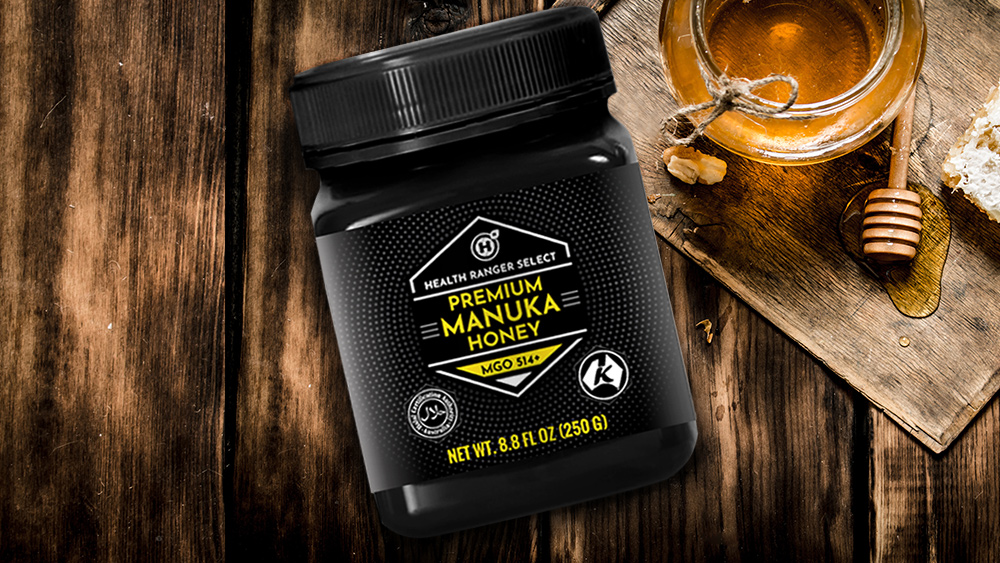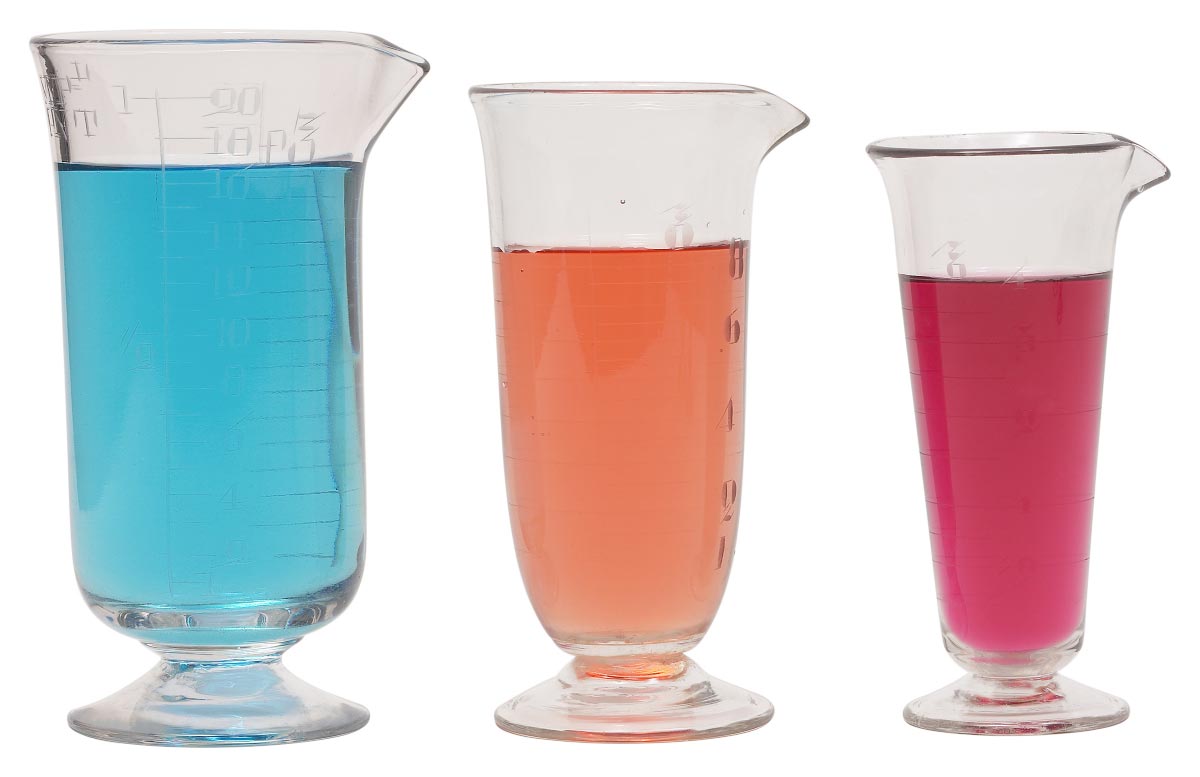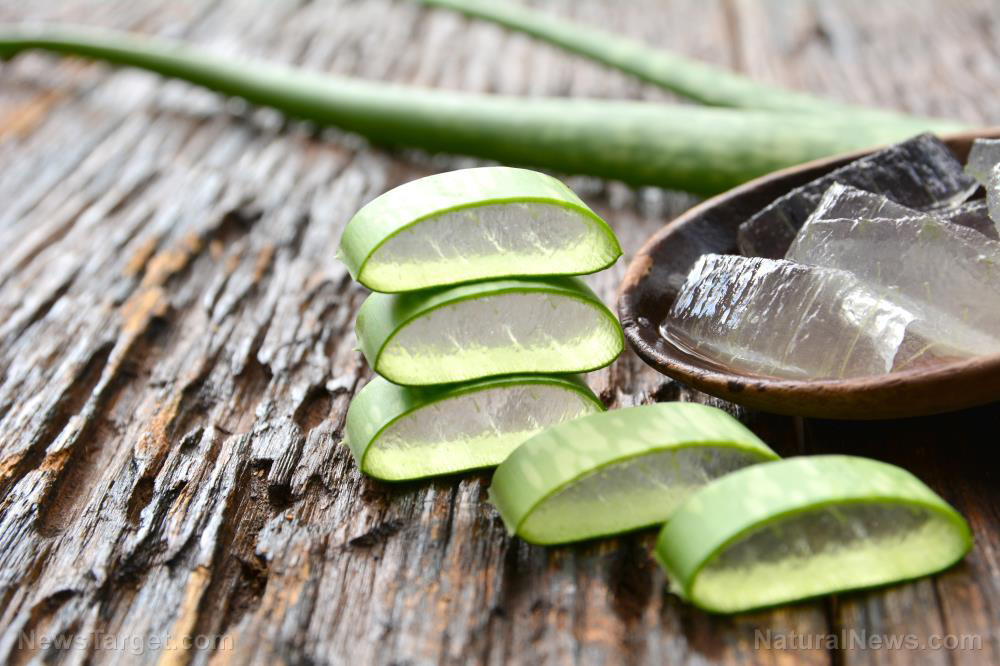Sweeter than sweet: Used moderately, natural monk fruit sweetener is a healthy sugar alternative
04/08/2019 / By Zoey Sky

Eating healthier doesn’t mean depriving yourself of your favorite foods. It just means making better food choices and eating what you want in moderation. If you have a sweet tooth, you can replace sugar or sugar substitutes with monk fruit sweetener.
This sweetener is derived from monk fruit or luo han guo (Siraitia grosvenorii), a fruit similar to melon. Monk fruit grows on a vine and is native to parts of China and Thailand.
The Food and Drug Administration (FDA) says that monk fruit extract may taste about 250 times sweeter than standard table sugar. This is because the fruit contains mogrosides – chemical compounds that give the fruit its characteristic sweetness.
According to Frances Largeman-Roth, a Registered Dietitian based in New York City, monk fruit sweetener is made by juicing the fruit and processing it into crystal form. Monk fruit extract can also be made into a liquid.
The health benefits of monk fruit
The FDA-approved extract doesn’t raise blood sugar levels like regular table sugar. This makes the natural sweetener a healthier sugar alternative for individuals with diabetes because it doesn’t increase blood sugar levels. However, if you have diabetes, take note that foods and drinks sweetened with monk fruit and certain monk fruit sweetener blends may include added sugars and other ingredients that can increase carbohydrate and calorie counts or affect insulin sensitivity. Always check if monk fruit products are really carb- and sugar-free.
Unlike artificial sugar substitutes that are linked with negative side effects such as headaches or seizures, monk fruit sweetener has no calories, carbs, or fat. Use this natural sweetener if you want to lose weight.
Mother Nature's micronutrient secret: Organic Broccoli Sprout Capsules now available, delivering 280mg of high-density nutrition, including the extraordinary "sulforaphane" and "glucosinolate" nutrients found only in cruciferous healing foods. Every lot laboratory tested. See availability here.
Monk fruit also has anti-inflammatory properties. A 2011 study revealed that monk fruit has been used in traditional Chinese medicine to make hot drinks that relieve sore throats and reduce phlegm. Experts say that the fruit’s mogrosides are anti-inflammatory and that they can help prevent cancer and keep blood sugar levels stable. (Related: Research confirms the healing potential of monk fruit on cancer patients.)
Does monk fruit have any drawbacks?
Monk fruit extract may be considered “natural,” but this isn’t a guarantee that it is unprocessed or 100 percent pure. Largeman-Roth, who is also the author of “Eating in Color,” warned that monk fruit is usually combined with other sweeteners, or with sugar and molasses. Once the fruit is combined with sugar, it’s no longer calorie-free.
Avoid monk fruit sweeteners that contain non-nutritive or zero-calorie sweeteners, like the popular sugar alcohol erythritol, which may cause gastrointestinal issues like gas and diarrhea – especially if you have irritable bowel syndrome (IBS) – advised Largeman-Roth.
If you want to manage your cravings for sweets, try to minimize your use of sweeteners. Studies suggest that sweetening food and drinks can actually intensify sugar cravings rather than satisfy them.
Monk fruit allergy is rare, but the fruit may trigger allergic reactions if you’re already allergic to cucumbers, melon, pumpkin, squash, or other members of the Cucurbitaceae family.
Signs of a monk fruit allergic reaction may include:
- Difficulty breathing
- Dizziness
- Hives or rash
- Rapid or weak pulse
- Stomach pain or vomiting
- Swollen tongue
- Wheezing
How to use monk fruit sweetener
You can purchase monk fruit extract in retail stores and online.
Try adding monk fruit extract to foods and beverages such as:
- Coffee
- Frosting
- Hot tea, iced tea, or lemonade
- Oatmeal or other hot cereal
- Salad dressing
- Sauces
- Smoothies
- Yogurt
Use monk fruit extract sparingly because it is significantly sweeter compared to sugar or other sugar substitutes.
Sources include:
Tagged Under: diet, fruits, ingredients, luo han guo, monk fruit, monk fruit sweetener, natural sweetener, sugar alternative, sugar substitute, sweeteeners

















